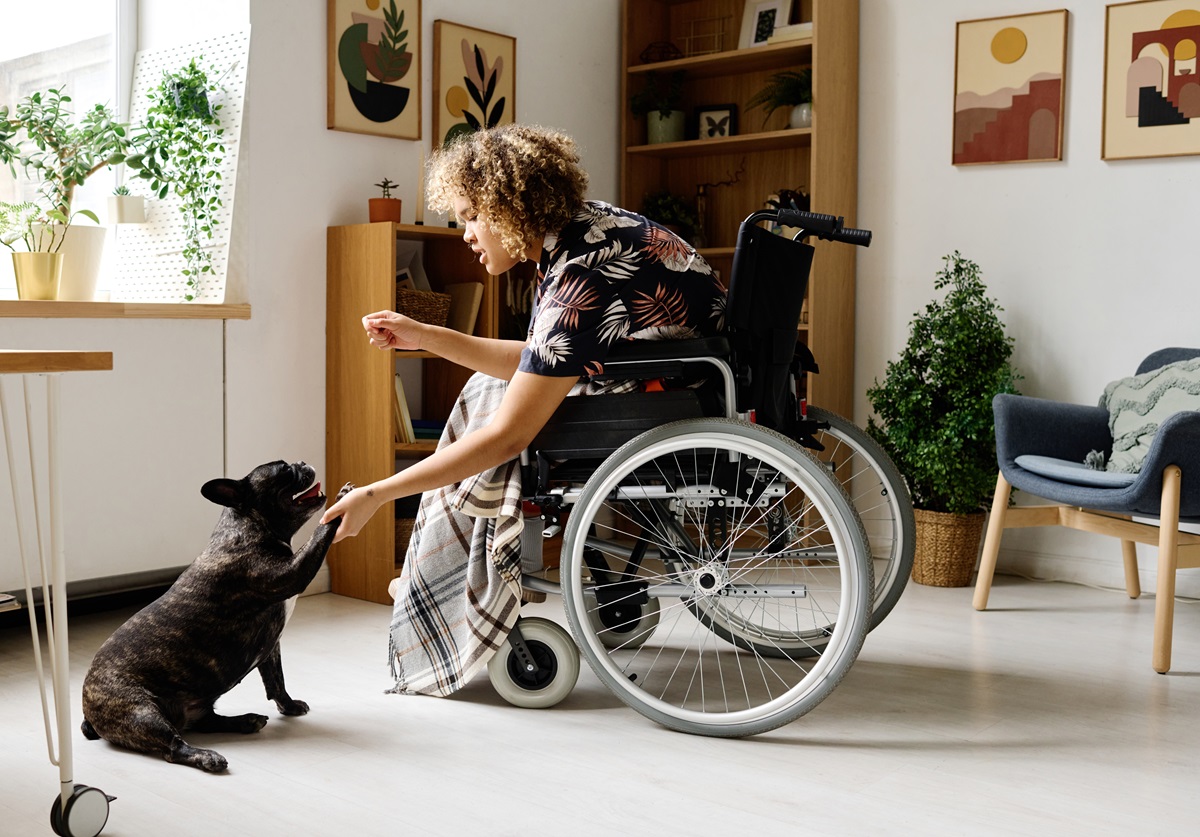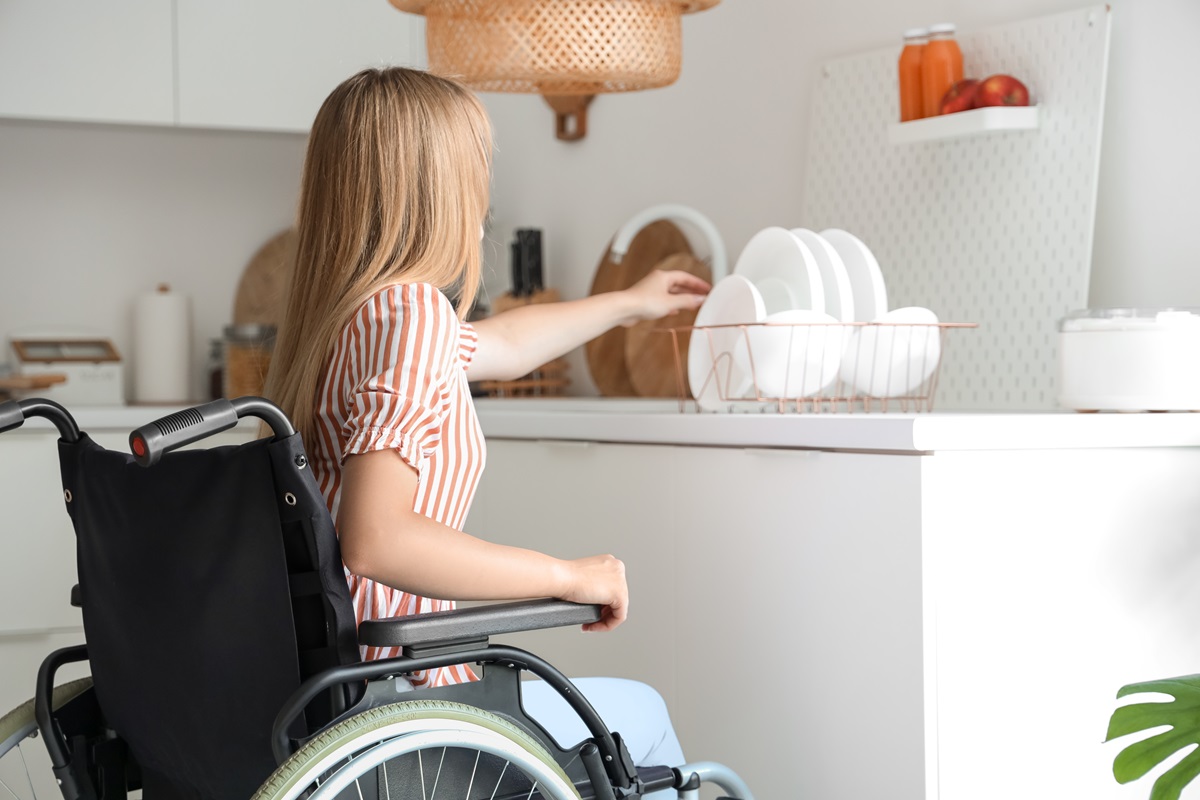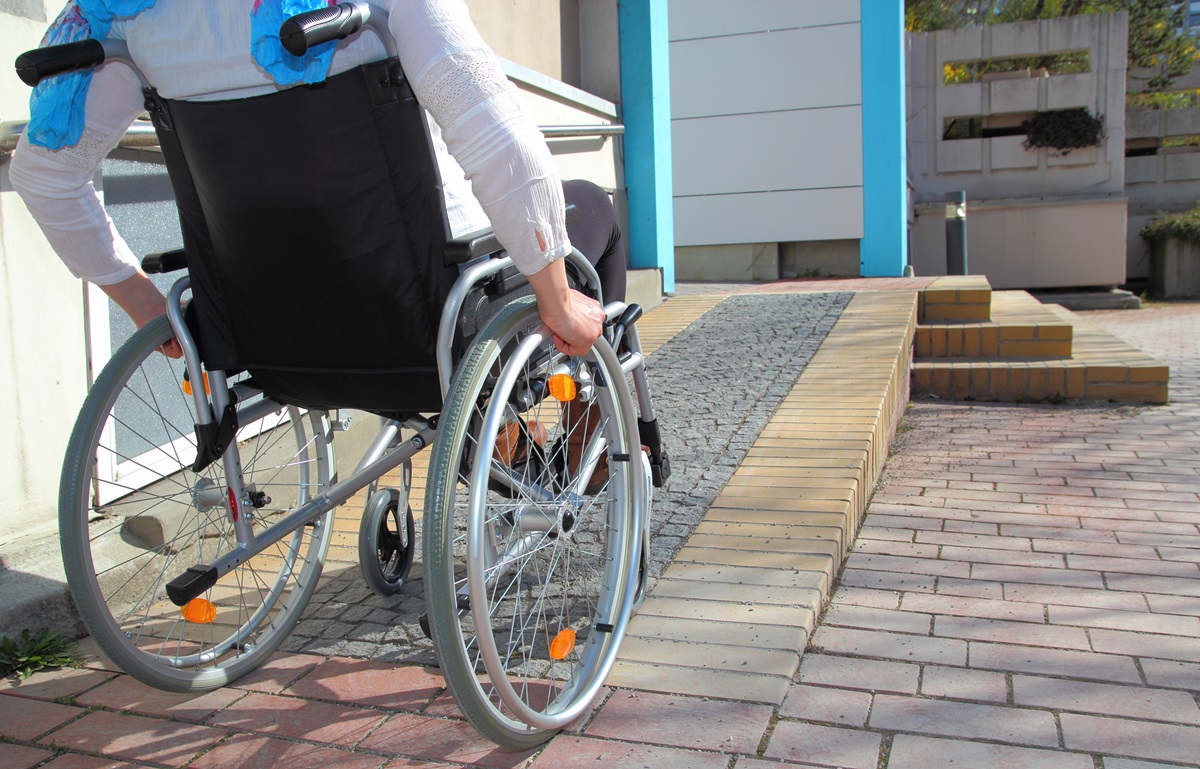SDA vs SIL: Understanding the Differences and Funding Options for Disability Accommodation
SDA vs SIL: Understanding the Differences and Funding Options for Disability Accommodation
At St Jude’s, we approach disability accommodation with flexibility, recognising the wide spectrum of individuals with diverse support needs. We understand that the requirements for disability accommodation can vary significantly.
To ensure that individuals with disabilities have access to appropriate housing, St Jude’s offers a diverse range of housing options. Our team works closely with you and your family to identify the perfect disability accommodation that suits your specific needs, promoting greater independence and improving your overall quality of life.
In this month’s article, we will delve into the distinctions between Specialist Disability Accommodation (SDA) and Supported Independent Living (SIL), explore the eligibility criteria for each, and shed light on the advantages of both options.
What is SDA and SIL?
Specialist Disability Accommodation (SDA)
SDA is designed for individuals with extreme functional disability and/or very high support needs, who require support 24/7. It’s all about providing a secure and comfortable environment where people with disability can live comfortably and safely. SDA homes are specially designed or modified to cater to these unique needs, and they often include features like wheelchair access, hoists, and other assistive technologies.
To read more: Navigating High Intensity Supports In The NDIS

Supported Independent Living (SIL)
On the other hand, SIL focuses on helping people with disabilities develop the skills necessary for independent living. Rather than modifying the living environment extensively, SIL accommodation aims to provide support staff who can assist individuals in their daily lives. This might include help with cooking, cleaning, personal care, or transportation. SIL often consists of shared accommodation with other people.
Supported Independent Living offers you the chance to connect with individuals who share similar experiences, providing a supportive and inclusive community. It also provides access to a wide array of social activities, the freedom to host your family and friends in your own home, and the flexibility to enjoy meals tailored to your preferences.

What Is The Difference Between SIL and SDA?
Now that we have a general understanding of SIL vs SDA, let’s delve into their differences:
Housing and Support Arrangements
- SDA provides accommodation that is specifically designed or modified for individuals with high support needs. At St Jude’s we have a range of choices when it comes to our SDA accommodation, and our clients are able to exercise choice when it comes to where they live, who they live with and how they live.
- SIL, on the other hand, typically involves individuals living in a regular house or unit. This living space is often shared with other individuals, and there are 1-2 support staff on site available 24/7.
Eligibility Criteria
- To qualify for SDA, you must meet strict eligibility criteria related to the level of your disability and support needs. These criteria are assessed by the NDIS. Someone eligible for SDA has high support needs that requires their environment to be adapted to better align with their needs.
- SIL is generally more flexible in terms of eligibility, as it focuses on supporting individuals to develop independent living skills.
Accessibility and Design Features
- SDA homes are designed to be fully accessible and equipped with various assistive technologies to meet the high support needs of residents.
- SIL accommodations may not have extensive accessibility modifications unless required by the individual residents.

Tenant Rights and Responsibilities
- SDA residents typically have greater control over their housing arrangements and choice of support providers.
- SIL participants usually have less control over the choice of support workers and may be living with other participants who have different support needs.
SDA and SIL Funding – NDIS
Both SDA and SIL can be funded through the NDIS, but the funding process differs for each:
- For SDA, participants receive SDA payments to cover the cost of their accommodation. These payments are separate from their core NDIS plan and are designed to ensure individuals have access to appropriate housing.
- SIL is funded through the core support budget in an NDIS plan. This budget covers the cost of support workers and is allocated based on an individual’s assessed needs.
To read more: Can The NDIS Help With Housing?
Choosing the Right Accommodation
When considering SDA vs SIL for disability accommodation there are a few factors which are crucial to consider;
Level of Support Needs: Consider the severity of the disability and the level of support required. SDA is best suited for individuals with very high support needs, while SIL is more flexible and can cater to a wider range of support requirements.
Personal Goals: Think about your or your loved one’s long-term goals. If the aim is to develop independent living skills, SIL may be the preferred option. If the focus is on secure, disability-specific accommodation, SDA is the way to go.
Comfort and Accessibility: Evaluate the accessibility and design features of potential accommodation options. SDA homes are purpose-built for accessibility, while SIL homes may vary in terms of modifications.

How St Judes Can Assist
At St Judes, our primary goal is to be able to cater to the needs of all people living with a disability, and we thoroughly understand that every individual has their own set of unique needs, preferences and goals. When assisting our clients with finding the right disability accommodation, we carefully consider all of these factors in order to provide the best housing solution where a person can truly feel at home.
We provide a diverse selection of disability housing options that seamlessly blend with the surrounding neighborhoods, fostering independence and community engagement. Our extensive range of accommodation is designed to cater to the unique requirements of the individuals we support, including:
- Shared living
- Single gender residences
- Complex needs housing
- Wheelchair-accessible accommodations
- Pet-friendly options
- Smoking-friendly residences
- Smoke-free households
If you have specific accommodation preferences or requests that are not mentioned here, please feel free to reach out to our team. We are committed to working closely with you to find a suitable solution that meets your individual needs and preferences.
We pride ourselves on being a trusted NDIS disability provider with over 40 years of experience in supporting individuals with disability in the community. Our commitment to tailored support ensures that individuals with disabilities receive the care and assistance they need to lead fulfilling lives. Whether you require SDA or SIL, St Jude’s is here to help you find the perfect accommodation option.
Get in touch with our friendly team to chat about which option is best for you, or if you have any queries. Alternatively, you can look at our current vacancies on our website.